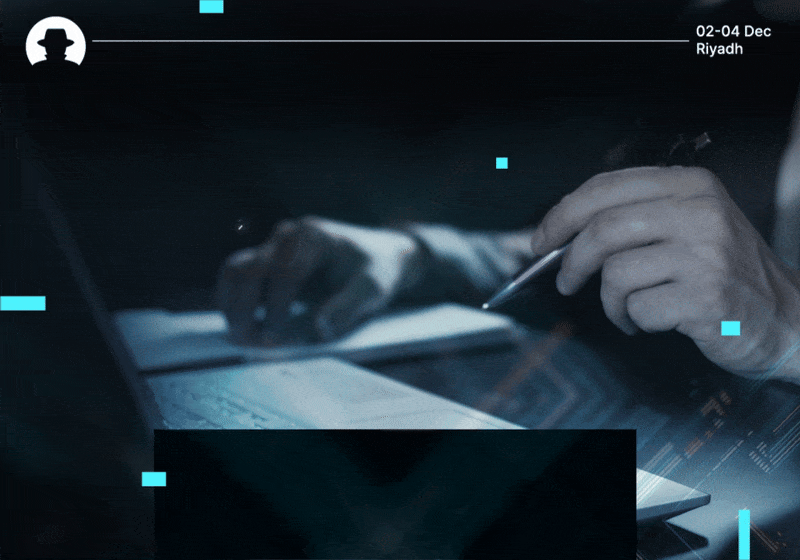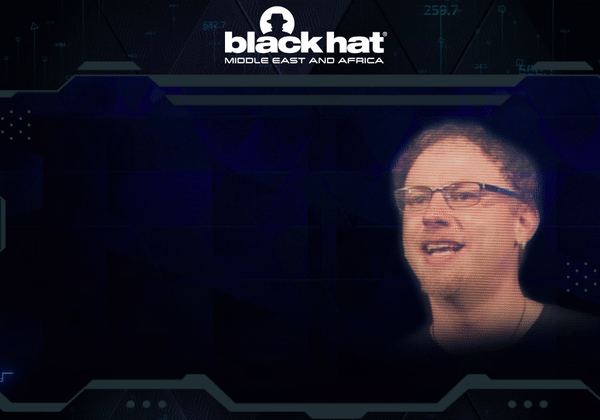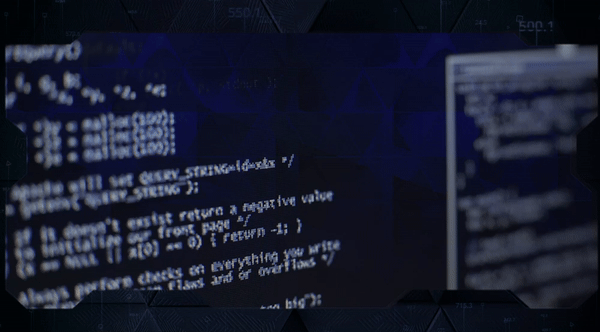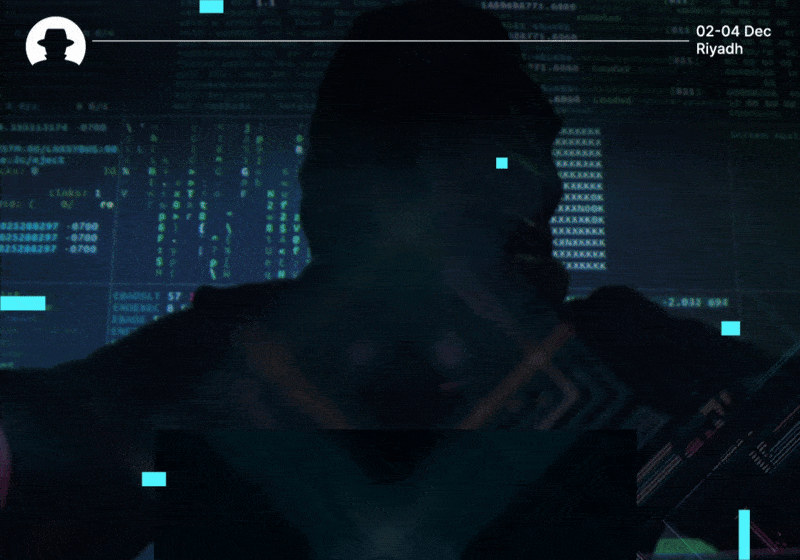
The power of the pivot
Why pivoting your cybersecurity career is good for professional growth and industry resilience.
Read More
Welcome to the new 111 cyber warriors who joined us last week. 🥳 Each week, we'll be sharing insights from the Black Hat MEA community. Read exclusive interviews with industry experts and key findings from the #BHMEA23 keynote stage.
Keep up with our weekly newsletters on LinkedIn, Subscribe here.
How cybersecurity professionals feel about the threat actors they’re working against.
Because we asked Lance James (Founder and CEO at Unit 221B) exactly that question, and he said:
“...I can acknowledge the extent of my ignorance. I can apply my current understanding to perceive the situation for what it is: a manifestation of human nature within complex environments.”
And we thought this was a brilliantly balanced answer. It’s easy to see the ‘other’ as the enemy, but it can be useful to remember that our adversaries are humans too – both because this helps us cultivate more empathy for other people’s realities, and because it could help develop stronger security practices that take into account the reasons that attackers are…attacking.
Cybersecurity folk often talk about understanding adversaries.
We delve into the dark web to infiltrate criminal conversations, and gather data on threat groups and their tactics. We look for information that fits with our perception of adversaries as bad – and that can lead us to overlook valuable information that could actually help us protect the organisations and users we’re working for.
And we do ask questions about how cybersecurity professionals feel about the state of security – but not about how they feel about the people they’re working against.
One 2019 survey, for example, from the Information Systems Security Association and industry analysts at Enterprise Strategy Group found that 94% of cybersecurity professionals believe that adversaries have a major advantage over cyber defenders – they think the power lies with the enemy.

From spiritual philosophies to modern psychology, it’s widely accepted that harbouring negative feelings towards others, without ever trying to consider the situation from their perspective, has a net negative impact on us.
It affects our personal well-being, and dampens our ability to live in the world as empathetic and aware human beings.
Research suggests that avoiding negative emotions (refusing to acknowledge them) can be bad for the immune system. While accepting those feelings has been linked with improved psychological health. In particular, acknowledging and accepting negative emotions has been associated with lower negative emotional responses to daily stressors – and in turn, that’s linked to better mental health in the long-term.
And listen, we’re not saying that the majority of cybersecurity professionals are quietly seething at their desks, bubbling with bitterness.
But we are saying that it’s worth checking in with your emotions and your perspective now and then – because it’s a high-pressure job with a strong focus on conflict. And over time, that might mean that you spend a lot of time in a heightened emotional state, and with a nervous system that doesn’t often get a real break.
So just considering the question of how you feel about your adversaries could be a really good thing to do. It gives you a chance to stop and think – to notice any patterns that have built up over time in your thoughts and feelings about the people you’re working against, and consider whether those patterns are useful…or not.
By extension, looking at yourself in this way could help you to do your work more effectively. A calm mind with the capacity to think about problems from different perspectives is better at solving those problems than a mind that’s fixed on one viewpoint.
We know this isn’t your usual cybersecurity content. But just this once, let us encourage you to consider your feelings – and look at your adversaries in a new light.
How do you feel about your adversaries?
1. I don’t know – I’ve never thought about it vote
2. Pretty neutral 😐 vote
3. Frustrated…😤 vote
4. Curious 🧐 vote
5. Resentful 😠 vote
6. Something else vote
Have you ever thought about your emotions when it comes to threat actors in cyber? If so, join the conversation on LinkedIn – head to the comment section of this newsletter and tell us how you feel.
🔗Read the interview with Lance James: How do you really feel about cyber criminals?

Do you have an idea for a topic you'd like us to cover? We're eager to hear it! Drop us a message and share your thoughts. Our next newsletter is scheduled for 28 February 2024.
Catch you next week,
Steve Durning
Exhibition Director
Join us at Black Hat MEA 2024 to grow your network, expand your knowledge, and build your business.
Join the newsletter to receive the latest updates in your inbox.

Why pivoting your cybersecurity career is good for professional growth and industry resilience.
Read More
Get the lowdown on five of the most damaging cyberattacks so far in 2025.
Read More
Find contacts, skills, and opportunities at this world-class cybersecurity event.
Read More